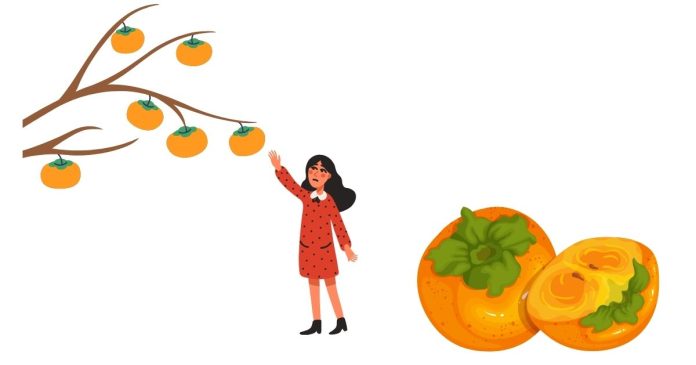Persimmons are a unique and often misunderstood fruit, with a taste that’s both sweet and tangy. Native to Asia, persimmons have been cultivated for centuries, and their popularity is growing worldwide. But what does a persimmon taste like? Let’s learn more about the flavor profile of persimmons, exploring their sweetness, tartness, and the factors that influence their taste.
The Sweetness of Persimmons
Persimmons are known for their sweet, honey-like flavor, which is especially pronounced when they’re ripe. The sweetness is due to the high concentration of sugars, particularly fructose and glucose, which are naturally present in the fruit. When persimmons are fully ripe, they can be incredibly sweet, with some varieties tasting like a combination of honey and apricots.
The Tanginess of Persimmons
While persimmons are sweet, they also have a tangy, slightly astringent taste, which is due to the presence of tannins. Tannins are a type of polyphenol that’s found in the skin and pulp of persimmons. They give the fruit a dry, puckering sensation, which can be quite intense when the fruit is unripe. As persimmons ripen, the tannins break down, and the fruit becomes sweeter and less astringent.
Factors That Influence the Taste of Persimmons
Several factors can influence the taste of persimmons, including:
1. Ripeness: Persimmons that are picked when they’re fully ripe will be sweeter and less tangy than those that are picked when they’re unripe.
2. Variety: There are several varieties of persimmons, each with its own unique flavor profile. Some popular varieties include Fuyu, Hachiya, and Saijo.
3. Growing conditions: Persimmons that are grown in cooler, more temperate climates will tend to be sweeter and less tangy than those that are grown in warmer climates.
4. Storage and handling: Persimmons that are stored properly and handled gently will tend to retain their flavor and texture better than those that are not.
Describing the Taste of Persimmons
So, how would we describe the taste of persimmons? Here are a few words that might sum it up:
– Sweet: Persimmons are known for their sweet, honey-like flavor.
– Tangy: Persimmons have a tangy, slightly astringent taste due to the presence of tannins.
– Fruity: Persimmons have a sweet, fruity flavor that’s similar to apricots and honey.
– Complex: Persimmons have a complex flavor profile that’s influenced by a range of factors, including ripeness, variety, and growing conditions.
In conclusion, the taste of persimmons is a unique and complex combination of sweet, tangy, and fruity flavors. Whether you enjoy them ripe and sweet or tangy and unripe, persimmons are a delicious and versatile fruit that’s worth trying.



